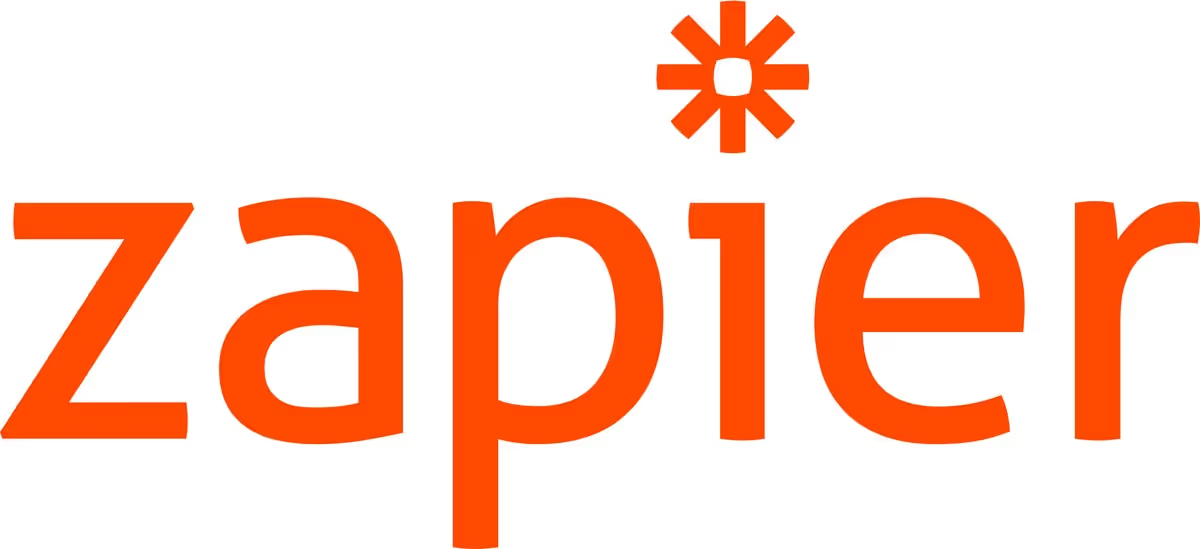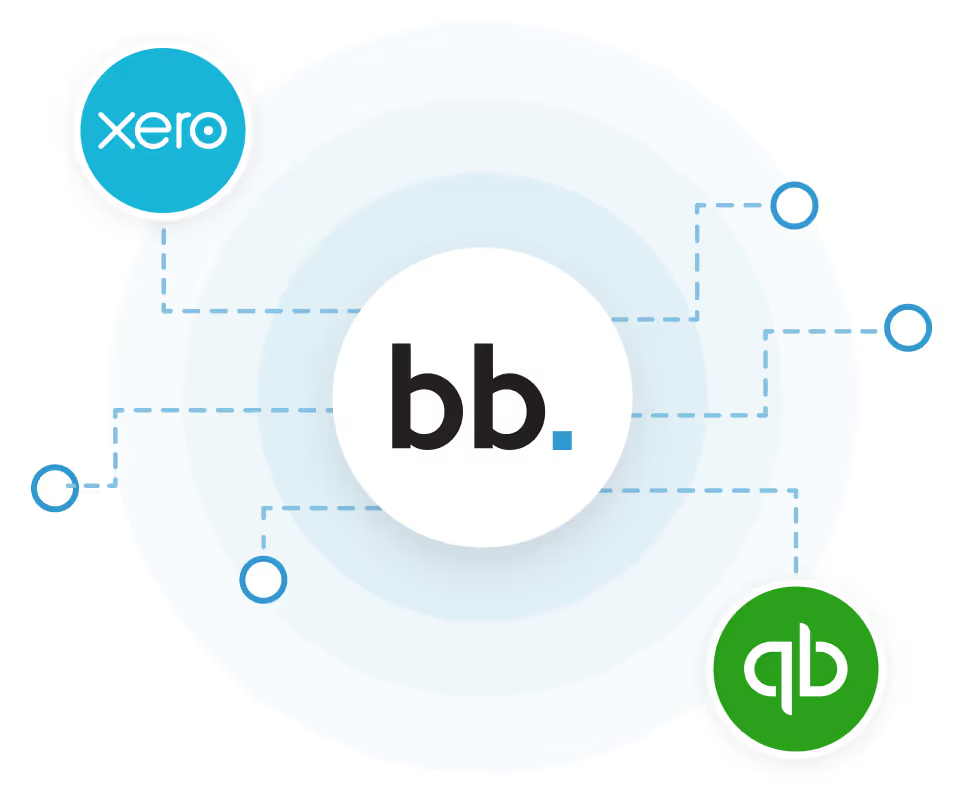What type of accounting integration do I need?
Accounting integrations have the potential to save you a lot of time and money. Let's review the differences.
So, you have chosen a CRM platform and you start to input your information. You are all set, and now to link in your accounting platform. But it doesn’t work as you anticipated,, you thought it would work, there was a Quickbooks or Xero logo on the website?
Before choosing any accounting platform, it is important to fully understand the different types of account integrations with QuickBooks or Xero. The reason is that they can vary hugely in how they work, and the value they deliver to your events business.
A platform will have one of four different types of integration.
- No accounting integration
- Zapier Integration (Very Basic)
- One-way Accounting Integration (Basic)
- Two-way Accounting integration (Strong)
- Two-way Live Accounting integration (Perfect)
1. No Accounting Integration
Many event businesses can manage operations and finances with no problem without an accounting integration. It does however mean that there is a significant amount more manual updating of two systems, which leaves a lot of room for error. There is a business cost in terms of admin time and errors in not having a direct link between your operations and accounts.
It is best to start out as you intend to continue. Although fully integrated systems are generally more expensive, there are huge returns, and there will be less management time and expenses in adding in an integrated system at a later point.
2. Zapier Accounting Integration
In many systems, you will see a Quickbooks or Xero icon on their website saying they integrate with those platforms. However, when you look into it further, you see that the integration is via Zapier.

Before I go any further, I have to say, that Zapier is an amazing tool. We use it internally for various purposes. But when it comes to accounting integration, Zapier integrations fall very short. Zapier sends one-way “Zaps”. I have described it in terms of hitting a golf ball. Once you hit it, it is gone, there is no connection to the original source of the information.
Zapier automates one-way workflows by triggering actions in one app based on events in another. For example:
- When a new customer is added to your CRM, Zapier can create a corresponding customer record in QuickBooks or Xero.
- Pros: Easy to set up, no coding required, and supports many apps.
- Cons: Limited to the predefined triggers and actions Zapier supports. Very often Zapier will only push over contact information, not any payment or invoice information. Also, if there is an edit to the payment/invoice/contact details on the accounting side, which is highly likely in the events space, it will not update the CRM. Also, when the payment is reconciled, there is no update on the CRM.
Zapier will often cut some of the time requirements in terms of new customer setup, but it will do very little on the accounting side. There is still a requirement for double accounting.
3. One-Way Accounting Integration
A lot of systems have a One-Way Integration, which means data flows from the CRM to the accounting software, but not back. This is useful for exporting data like invoices or customer information to your accounting system.
- Example: When an invoice is created in the CRM, it automatically appears in QuickBooks, but changes in QuickBooks don’t reflect back in the CRM.
- Pros: Simple to implement and maintain, reduces data entry errors.
- Cons: Limited synchronization; any updates or changes in the accounting software won’t be reflected in the CRM.
With a one-way integration, you are still open to the same errors as you have with a Zapier integration. You will not know when payments are received/reconciled in your CRM.
.avif)
4. Two-Way Accounting Integration
Two-way integration allows data to flow both ways between the CRM and accounting software. This ensures that information is updated and consistent across both platforms. Essentially, both systems are always in sync, and if one system is updated, it updates the other.
- Example: Creating or updating a customer in the CRM will update the corresponding record in QuickBooks/Xero. When you add a payment or invoice to your CRM it updates Quickbooks/Xero.
- Pros: Better synchronization, ensures data consistency, reduces manual data entry in both systems. Saves time, and increases productivity.
- Cons: Because it is not a “Live” integration, there are lags in when the data is updated in both systems.
5. Two-Way Live Accounting Integration
This is the ultimate in accounting integrations. Everything working together in Harmony.

Two-Way Live Integration provides real-time data synchronization between the CRM and accounting software. Any changes made in one system are instantly reflected in the other.
- Example: Real-time updates to customer records, invoices, and payments are immediately synchronized between the CRM and QuickBooks/Xero.
- Pros: Immediate data consistency, ideal for businesses needing up-to-the-minute financial data, reduces delays and errors.
- Cons: Much less time doing manual accounts admin - if you like accounts admin!
Many events companies choose BriteBiz just because of its Live Two-Way accounting integration. BriteBiz is the only Event CRM that has this feature.
Summary
- Zapier Integration: Automates tasks one way between CRM and accounting software using predefined triggers and actions, but is not real-time or deeply integrated.
- One-Way Integration: Data flows one way from CRM to accounting software but not back, simplifying data entry but is very limited in synchronization.
- Two-Way Integration: Data flows both ways, ensuring consistency across platforms but updates are lagged and not in real time.
- Two-Way Live Integration: Provides real-time, two-way data synchronization, offering the most up-to-date information at all times.
It is important to know exactly what integration any CRM system has. Just seeing a Quickbooks or Xero icon on a website does not mean that the integration is the type of integration you need.
I have trained as a Chartered Accountant with PricewaterhouseCoopers, and I know and understand the huge benefit of having an end-to-end system. Choose your system wisely and you will benefit from the rewards for years to come.






